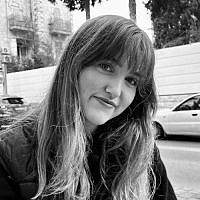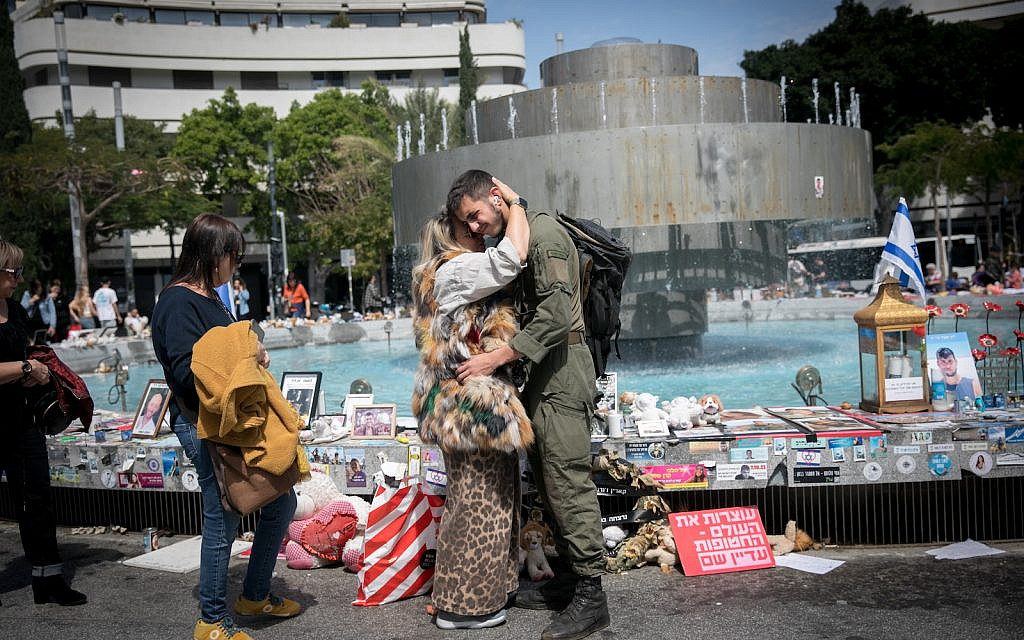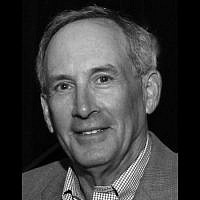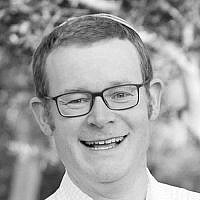Who we are
I wrote the following in Israel during the first four months after October 7th, 2023. Much of what we felt in that time has faded. As we enter the Hebrew month of Nissan, the month we left Egypt to become a nation, it’s worth reflecting on where we’ve been and where we’re headed. Some name changes were made to true accounts.
We are mothers grieving souls torn away mid-sentence. We are fathers laying the resemblance in our children underground. We are widows and widowers left with half ourselves. We are brothers and sisters changed by pain beyond our age. We are friends finding photos and words to honor faces locked in memory. We are children no longer believing that monsters don’t exist, and parents sorry we said so. We are held hostage in tunnels and bunkers, freedom forgotten and sunlight a mystery. We are eyes that looked to the future but were forced shut.
We are Lior, fiddling with the ring on our finger as we run to battle, our wife and newborn son alone in the bomb shelter. We are Ariel, twenty-one with a walking cane, playing with the tag of our tea bag as we describe finding survivors under bodies in Kibbutz Be’eri. On Har Herzl, we are Rose, full of color and song, our life taken while guarding the Old City of Jerusalem, and Ayelet, wondering by our husband’s graveside what our kids would have looked like. We are Tal on the fifth floor of the hospital, trying to sing our favorite song but our bandaged rib cage won’t allow it. We are Ron in the room across, bedridden with an infected shrapnel wound, our girlfriend offering lemongrass tea to visitors like we’re sitting in our kitchen. We are Haim turning twenty on the floor above, a fresh scar on our shaved head as our teammates sing happy birthday over the phone. We are Isaiah, our jeep hit by an RPG the first day of the war, our best friends gone, our leg amputated, and a bright smile on our face as we laugh about the trip we planned to Thailand and how to pass airport security with a prosthetic limb.
We are farmers frowning at lifeless fields. We are professors lecturing to half-empty halls. We are children humming to the tune of sirens, sleeping closer to the shelter so we don’t have to run. We are hotel lobby men watching evacuees emerge through revolving doors. We are teachers learning names of students not used to crowded cities. We are strangers staring at posters of hostages, and we are the sleepless families behind each face. We are retired accountants and schoolgirls fleeing terror attacks at our morning bus stop. We are policemen and stander-by running to help.
We are the woman at the camping store buying supplies for donations, and the owner selling it for half the price. We are Tel Aviv chefs turning our restaurants into soup kitchens. We are ultra-Orthodox students singing songs of mourning at the Nova Festival site. We are the bus driver on our last shift, dropping a group of soldiers off at each of their doorsteps. We are the young man with the black hat, loading a van with soup and bread for the hospital each Sabbath, feeding the wounded and learning their room numbers by heart. We are the real estate agent working overtime to help the newly homeless. We are the paramedic saving lives with reassuring hand squeezes. We are kindergarteners welcoming our classmate home from captivity, waiting for our turn to hug her.
We are volunteers from New York, holding back the tour bus when a roadside soldier yells in a Brooklyn accent that he flew in just to fight. We are El Al representatives swarmed with requests about donations, group flights, and trip extensions. We are the gap-year students spending our evenings tying tzitzit and packing food boxes. We are the emigrant returning after eight years abroad, working as a taxi driver until our enlistment is approved.
We are grandfathers sharing wartime wisdom we prayed our children wouldn’t need. We are old women at the Western Wall with too-long lists of names to pray for. We are entrepreneurs in high-rise buildings, creating apps for political advocacy, software to identify missing people, and strategies for fundraising. We are the Torah scribe bringing a quill and scroll to survivors and army bases, handing out eternal letters as everything seems to die. We are the teachers, builders, friends and families that everyone we lost would have become.
We are all of this. And more.
Since the seventh of October, we have gathered forces on all fronts, military, political, social. We do this to survive. But our truest aim is not survival.
If for the past 3,000 years, we sought only to survive, we would have lost far fewer people, and most of our identity. Since the inception of our nation, however, more defining than the fact of our survival has been the quality of it. Our unparalleled commitment to safeguarding our inheritance, tradition, and collective memory allows us to not simply remain alive, but remain who we are. To maintain, however turbulently, a “we.”
This war has made painfully clear that we are still fighting this battle. So long as we have our unique identity, we have enemies who hate us for it. Tragically, we feel ourselves woven tighter into the fabric of a very dark history. A chain of surprise attacks, persecution, pogroms, and outright genocide, which many hoped would shatter with 1948. While it’s true that, as one soldier put it, this year marks “the first pogrom we put an end to,” defending ourselves has also gained us greater criticism, as if being stronger makes us wronger. But there is what to learn from facing those who despise us, as it forces us back to our essence. And the only thing more dangerous than being who we are is trying to escape it.
If we are a “light unto the nations,” darkness only makes us brighter. Count the couples moving up their wedding dates rather than delaying them, holding a glass to those who couldn’t make it. Watch strangers share stories and hug like brothers. See the influx of volunteers from abroad, arriving simply to be where the family is. Hear the songs being written and sung. Read the eulogies of fallen soldiers and victims of terror, that do not tell of despair, but assert a shared responsibility to live life even harder. Intertwine this with millenniums of heritage, and know there is no defeating our light.
This eagerness transcends times of war. It infuses the archeologists, scholars, dancers, musicians, software engineers, surgeons, botanists, bakers, and artists who fill our land. It’s in the multicolored crowds and symphony of languages flooding our outdoor markets, buying food for holidays that celebrate freedom and purpose. It runs through the way we yell at each other, and test the limits of line-cutting, and ask too many personal questions. It lives in a people whose daily existence in our Homeland demands unprecedented success in countless fields. Yet we don’t complain or bargain. As the chant goes, “The eternal nation fears no long road.”
As this war carries on, we needn’t ask for pity, or even for peace. We can’t expect peace, we can only offer it. As long as that offer is thrown back in our face, we will proudly fight evil and defend life’s sanctity. We burn with sorrow and shine with delight and it is no contradiction. With each bit of eternity our enemies hope to destroy, we respond with stronger determination to live. We bury those we lost with our eyes toward the light. For while our enemies die for the sake of destruction, we die for each other.
This is our mission in our land, to love life as well as live it. To show how deep and beautiful the world’s potential is. To reveal the joy in being morally upstanding, truthful, and grateful. To teach children ancient songs in a desert we turn greener every day. Recall the tremendous history behind us, of a nation that has made God most angry and most proud. Living out the greatest story ever told, we face countless trials and don’t expect any breaks. As historian Paul Johnson put it:
“If the earliest Jews were able to survey, with us, the history of their progeny, they would find nothing surprising in it. They always knew that Jewish society was appointed to be a pilot project for the entire human race. That Jewish dilemmas, dramas and catastrophes should be exemplary, larger than life, would seem only natural to them. That Jews should over the millennia attract such unparalleled, indeed inexplicable, hatred would be regrettable but only to be expected. Above all, that the Jews should still survive, when all those other ancient people were transmuted or vanished into the oubliettes of history, was wholly predictable. How could it be otherwise? Providence decreed it and the Jews obeyed.”
For anyone who needs to remember, be it our friends, our enemies, or ourselves, this is what we are fighting for. It’s not about our survival, but the only reason for it: being who we are.




